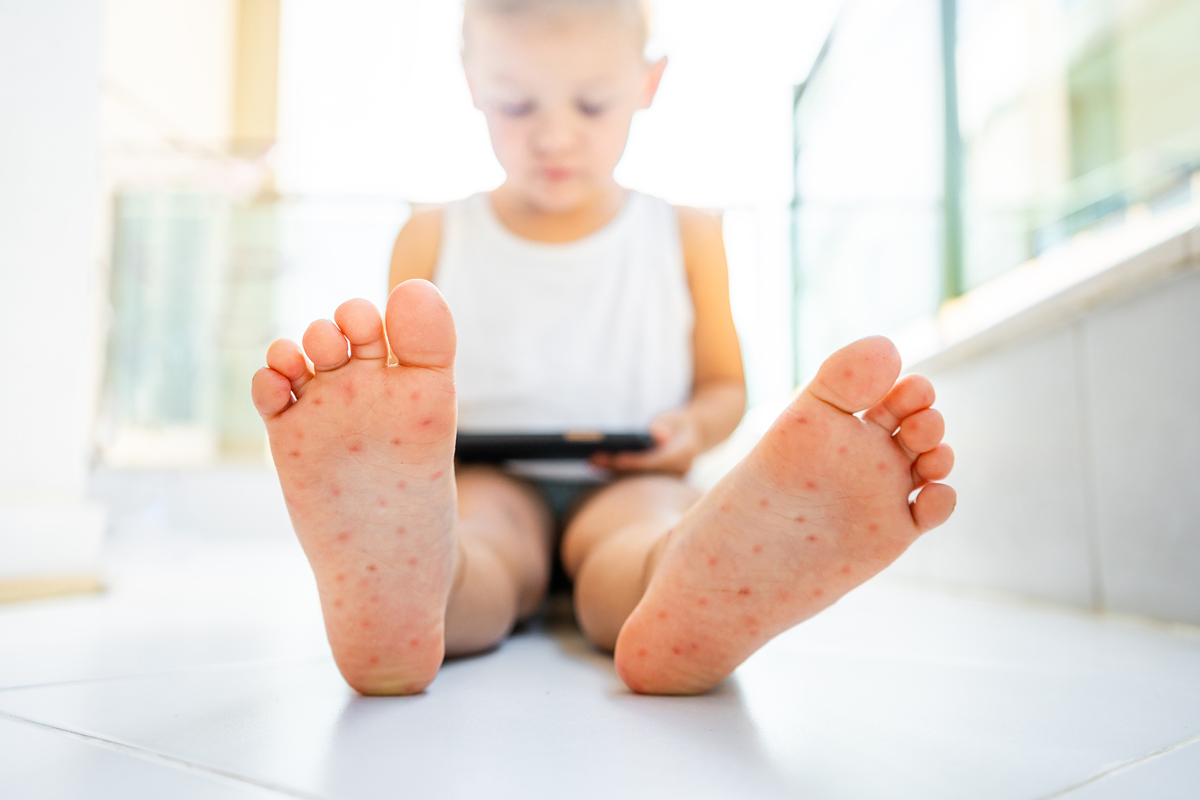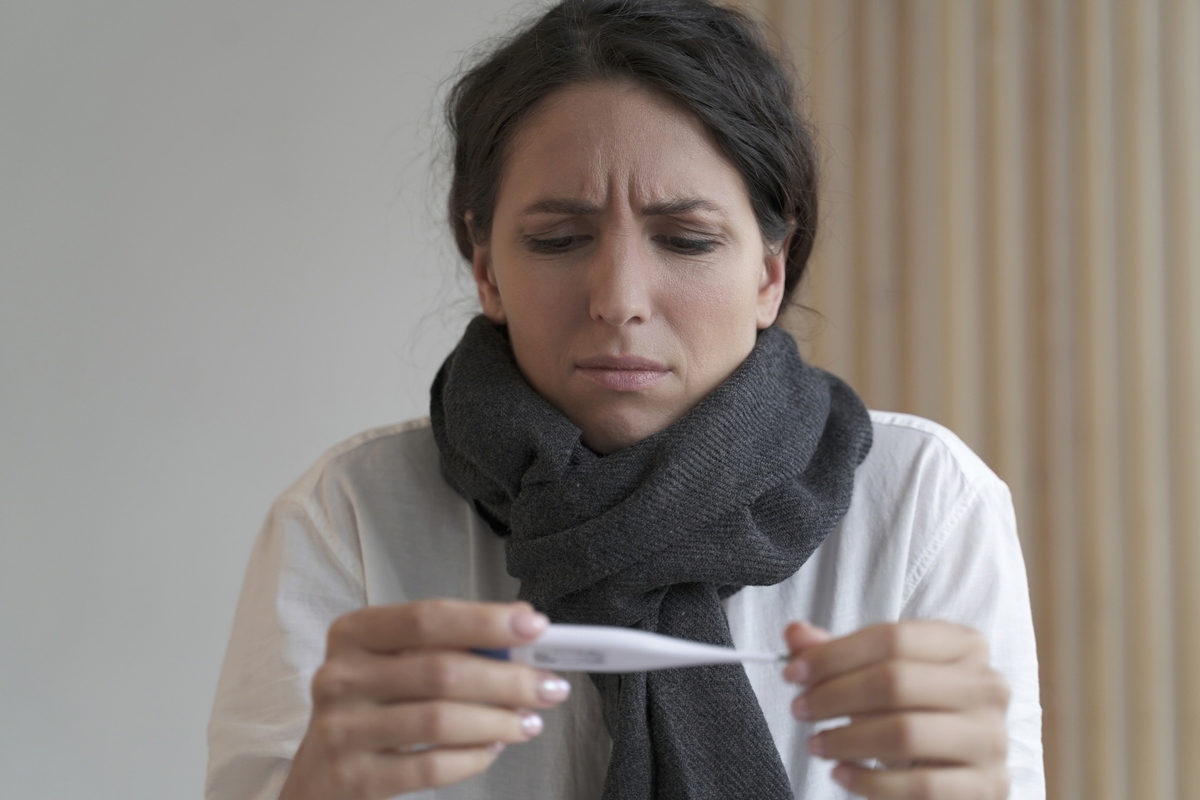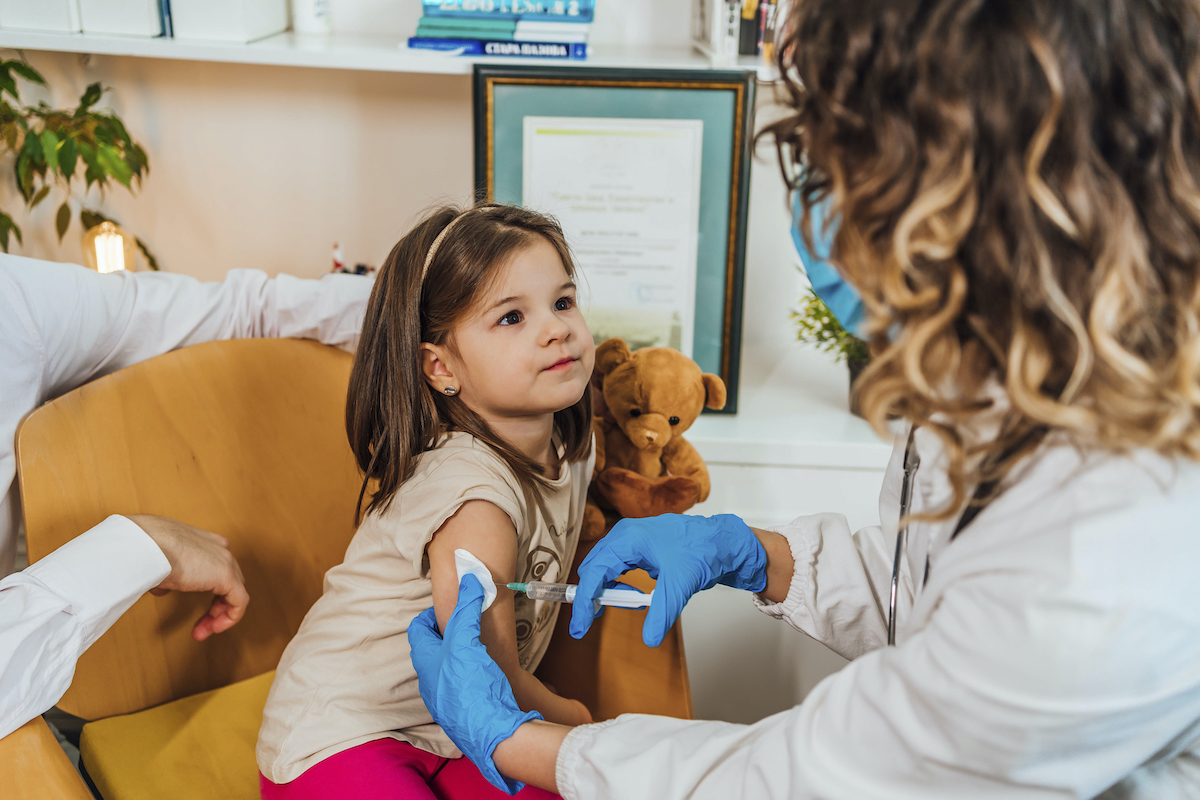Post-COVID, we have all become more aware of viruses. Which is in many ways good — my guess is that flu season is going to be more limited going forward — but isn’t without challenges. In particular, the past two years have dramatically dialed up the fear that accompanies any illness threats. This would be true even without any outside intervention, but in some cases media coverage stokes this fear, partly by not providing enough context to the coverage. One example is monkeypox.
The monkeypox virus is a close relative of the smallpox virus. It’s a virus endemic to West and Central Africa, typically spread through close contact or animal contact in these locations. In Africa, it does commonly affect children and can be serious or fatal. Until early 2022, virtually all cases of monkeypox outside of Africa were clearly imported from affected regions.
Beginning in the spring of 2022, monkeypox began to spread in a large number of locations outside of Africa, with cases arising in the U.K., Portugal, and then the U.S. It was clear that these cases were spreading locally — were not imported — and the World Health Organization recently declared it a global health emergency. This declaration will enable better global coordination and more funding.
There are vaccines for monkeypox (it’s some of the same vaccination store that is relevant for smallpox), which are being offered to high-risk individuals. There are also available treatments. There have been a lot of issues with appropriately rolling these out — issues that are familiar from early on in COVID — such as lack of testing and poor communication. We are ahead medically on monkeypox, but we cannot allow these same failures to play out again.
Here, though, I want to address a very specific question about monkeypox, which is how afraid you should be about it for your children. I get a number of questions along these lines — i.e. should I cancel my trip to San Francisco with my six-month-old because of monkeypox? And online, fears have been stirred about the risks of monkeypox with school reopening.
Given what we know about the data, fears of in-school spread are misplaced. Notably, the spread of the virus so far seems to be through prolonged close, skin-to-skin contact (largely but not exclusively sexual).
The vast, vast majority of cases we have seen are in men who have sex with men, and the spread is through close contact. In the most recent update from the U.K., of the roughly 2,000 cases, 13 were in women. Of the 549 cases with more detailed epidemiology, 96.5% were in men who identified as gay or bisexual, or in men who have sex with men. There is, thus far, one pediatric case reported in the U.K. (no details available).
In last week’s U.S. briefing on this, the CDC reported similar numbers: 99% of cases in men who have sex with men. They were aware of two cases in children who were household contacts, eight cases in cisgender women, and five cases in transgender men. The overall global WHO numbers tell the same story, and if you want to dive into the data, this project is compiling details on all the cases of monkeypox reported globally.
The most detailed data we have on transmission is from this New England Journal of Medicine paper, which discusses 528 cases from 43 countries in detail. All cases were in men. In 95% of cases, the suspected transmission was through sexual contact.
It is important to emphasize that even though monkeypox has been seen predominantly in one particular community, that does not mean it is limited to that community. It can, and has, spread outside this group. Prolonged close contact can occur in the household, and the two U.S. cases in children reflect household transmission that is not sexual. The CDC has reported one case in a pregnant woman (details about transmission were not available at this time). And also none of this is to say we should not be aggressive at containing the outbreak, both in the U.S. and worldwide.
However: based on what we know at the moment, having looked at thousands of cases, it seems clear that the virus requires sustained close, skin-to-ski contact to spread. Contact much closer than would be expected in schools or in casual interactions.
A family trip to San Francisco does not put your six-month-old at risk of monkeypox. Closing elementary schools will not lower the transmission of monkeypox (even putting aside all the reasons not to do that).
There is a significant public health messaging challenge here. On one hand, public health officials want to avoid giving the impression that monkeypox is a disease only affecting a particular demographic or that it is only spread through sex. This creates stigma, and it limits our ability to fight the outbreak. For example, people who are infected with monkeypox should take steps to protect their close household contacts, even if those household members are not in the highest risk demographic.
On the other hand, at least in my view, we also want to avoid generating misplaced fear. Doing so erodes trust, which we sorely need in public health. Many people who DM’d me about monkeypox spread in schools assumed that there had been a change in transmission patterns — that it was spreading in schools. That’s not the case, though, and once that becomes clear, the next message is going to be met with more skepticism.
In the end, it may be necessary to thread the needle: to be clear on the risks, and the need for better policy, but without misinformation.

















